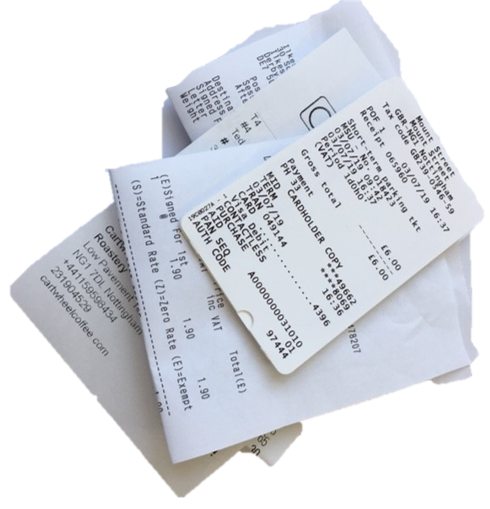Taxpayers who are responsible for settling their own tax bill, rather than being taxed by an employer or pension provider through PAYE, use HMRC’s Self-Assessment system to calculate and settle their annual tax bill. It’s not just those who are self-employed who are expected to register for Self-Assessment and submit an annual tax return – they may also be required to submit a Self-Assessment tax return if they are employed but have additional earnings, perhaps through rental property or a business run outside their main employment. Similarly, tax relief is claimed on expenses of more than £2,500 in any tax year, this needs to be done by completing and submitting a tax return. Self-Assessment tax returns must be submitted by the end of January 31st following the tax year in which the tax information within relates to.
HMRC’s Self-Assessment system to calculate and settle their annual tax bill. It’s not just those who are self-employed who are expected to register for Self-Assessment and submit an annual tax return – they may also be required to submit a Self-Assessment tax return if they are employed but have additional earnings, perhaps through rental property or a business run outside their main employment. Similarly, tax relief is claimed on expenses of more than £2,500 in any tax year, this needs to be done by completing and submitting a tax return. Self-Assessment tax returns must be submitted by the end of January 31st following the tax year in which the tax information within relates to.
Where taxpayers owe tax to HMRC, they are expected to make two payments on account to HMRC as an advance payment towards any tax they may owe in the forthcoming tax year. The first is due on January 31st in line with the Self-Assessment submission deadline. However, a second payment is due on July 31st and this deadline is now coming up for taxpayers who are responsible for settling their own tax bill. If you have tax to pay from the tax year 2018/19 and that hasn’t been paid in full they will need to make a payment on account to HMRC.
If the taxpayer knows they had no tax to pay for 2018/19 then they could request that HMRC reduce their payment on account demand to reflect their current tax position. However, they shouldn’t rely on HMRC telling them that a payment is due. This is particularly important as they will face interest charges on unpaid tax.
Whilst people are increasingly familiar with the practice of filing a Self-Assessment and paying their tax bill for the previous tax year, they also need to be thinking about their payments on account for the current tax year prior to the Self-Assessment deadline for that tax year. Even if a person has closed their business or entered full-time employment where they are taxed at source until and closed their business, until the tax bill is completely settled they are still required to make payments on account or risk an interest charge.
